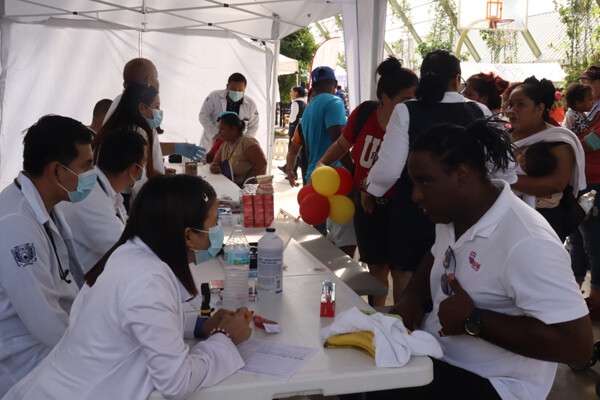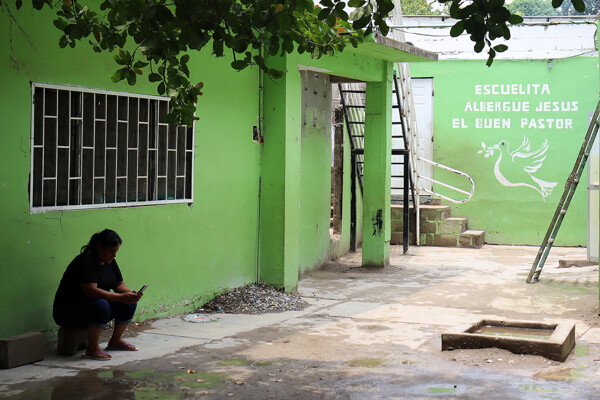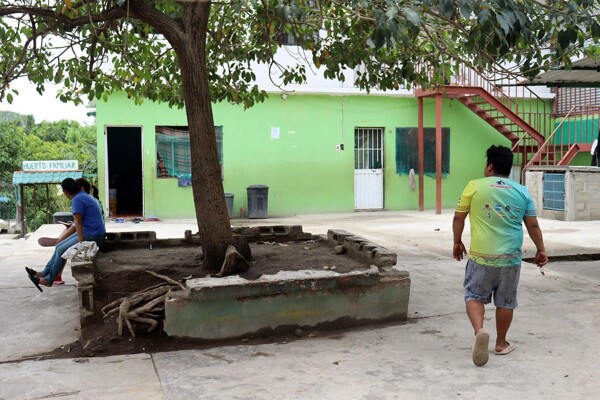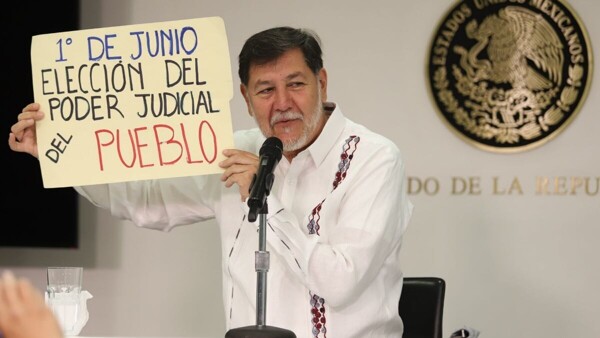
Migrants in vulnerable situations at the southern border of Mexico have been affected by organized crime and violence, four weeks after Donald Trump left the presidency of the U.S. Local civil organizations report this. Luis Alonso Abarca from the Digna Ochoa Human Rights Committee emphasizes that with the imposed restrictions, organized crime has intensified its actions, charging large sums to migrants, especially women and minors, under the promise of taking them to the United States.
Since Trump's return to the White House on January 20, migrants have faced mass deportation policies, the closure of the border guarded by thousands of military personnel, and the elimination of the 'CBP One' application that allowed asylum requests from Mexico. Doctors Without Borders warns that migrants in caravans are trying to advance in Chiapas seeking protection against the violence of armed actors.
The Mexican government has received 13,455 deportees since the arrival of the new U.S. government, including 2,970 foreigners. President Claudia Sheinbaum has urged migrants not to be deceived by traffickers who promise to take them to the U.S. while asylum applications are closed. Some migrants, like Israel Lujando from Ecuador, are considering returning to their countries given the current situation.
Luis Rey García Villagrán from the Center for Human Dignity denounces that Mexico has reinforced its migration policy with raids in Tapachula to deport migrants to Honduras and Guatemala. Many migrants who could previously advance to Veracruz and Oaxaca are being sent back to Central America, according to Villagrán's accusations.














